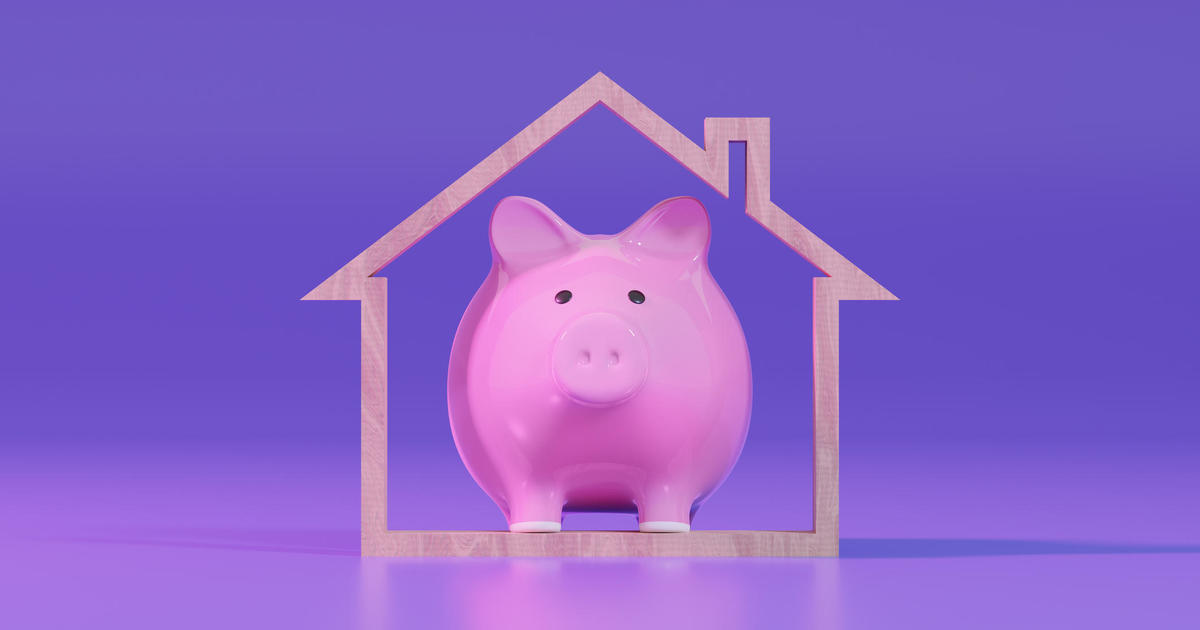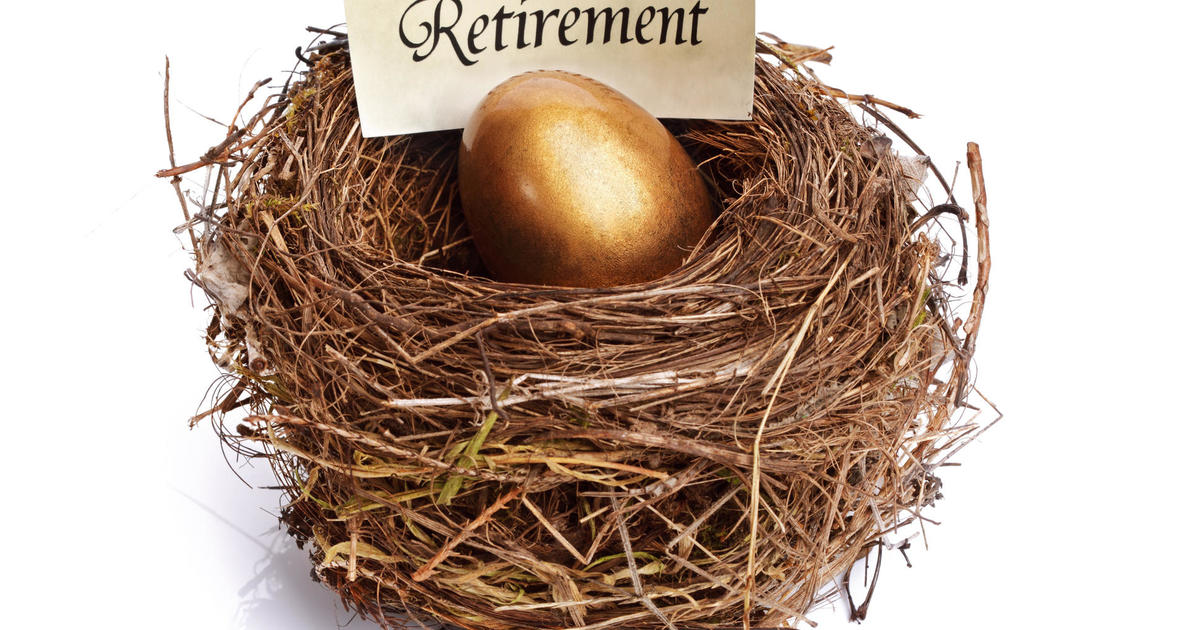As subprime credit cards gain popularity, alarms ring
Americans with poor credit scores sometimes take out credit cards in the hope of rebuilding their credit, but here's one product that may add to their difficulties.
Subprime credit cards, which are issued by subprime specialist issuers (SSIs), are targeted to the 48 million American consumers with credit scores below 600, which signals to lenders that they have past problems with handling credit and may not be a good bet. A subprime score will translate into higher interest rates because the lender wants to compensate for the higher default rate among these consumers.
These credit cards may create an expensive trap for consumers who are trying to improve their credit, according to a new study from financial site NerdWallet. Maintaining a credit card in good standing can be key to rebuilding a credit score, but subprime cards create tougher hurdles by charging high fees on top of high interest rates.
Plus, cardholder agreements from subprime issuers tend to be 70 percent longer than mainstream cards and written at a college reading level, although most of the consumers on the receiving end lack a college education.
"They're targeting undereducated people with overcomplicated offers," said Sean McQuay, a credit card expert at NerdWallet. "They're the payday loans of the credit card industry."
The subprime credit card business can act in predatory ways, the study found. Not only are its cardholder agreements harder to understand than ones from mass-market issuers like Discover (DFS), but the SSIs appear to be ramping up their marketing to less educated consumers, NerdWallet said. SSIs' share of mailings sent to households headed by someone without a college education doubled between 2012 to 2014, NerdWallet noted.
The SSIs "extend credit to them, and give them a chance to build credit. That can be very attractive to someone at this end of the spectrum," McQuay said. "We know that these companies are targeting people who recently had a bankruptcy or got out of prison. They say, 'We'll help you build your credit,' and that's very attractive."
As the economic recovers from the Great Recession, Americans are taking out new credit cards at a faster pace than population growth alone can explain. One of the most rapidly growing areas is in the subprime market, where the Consumer Financial Protection Bureau noted in a 2015 report that subprime consumers represented 31 percent of credit card originations in 2014, up from 23 percent in 2012.
Not all of those cards are from SSIs, however. Some mass-market issuers such as Citi (C) and Capital One (COF) offer secured cards to people with poor credit scores. These cards require consumers to put down a cash deposit, which offsets the lender's risk.
If possible, consumers with poor credit scores should opt for secured credit cards because they don't carry the same onerous fees, and they tend to align the cardholder's interests with that of the issuer's, said McQuay. But some consumers may find it difficult to come up with the security, which can be a minimum deposit of $200 or $300.
That may be why consumers with subprime credit often find SSIs' offers so tempting. These unsecured cards dangle the promise of easy credit. But NerdWallet noted that SSI cards will set consumers back by an additional $400 in fees over three years compared with secured credit cards.
SSIs have a slightly different business model than mass-market issuers, NerdWallet found. While traditional credit-card companies rely on interest to provide the bulk of their revenue, SSIs derive 58 percent of their revenue from fees. Among them are maintenance fees, the annual fee, processing fees and authorized user fees.
"These lenders are predatory, and there's a clear better option" with secured credit cards, McQuay said.
He added that policy changes may be needed to help consumers with subprime credit -- who tend to be either younger, poor, or lack a college degree -- avoid expensive and sometimes risky card offers. He noted: "There's something flawed about the credit system today."



